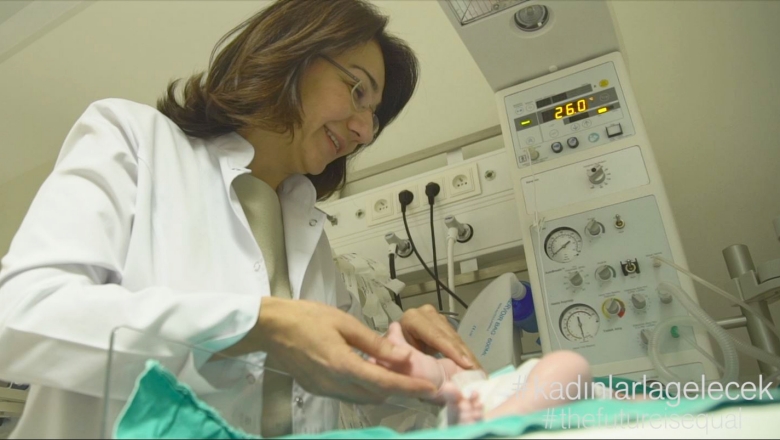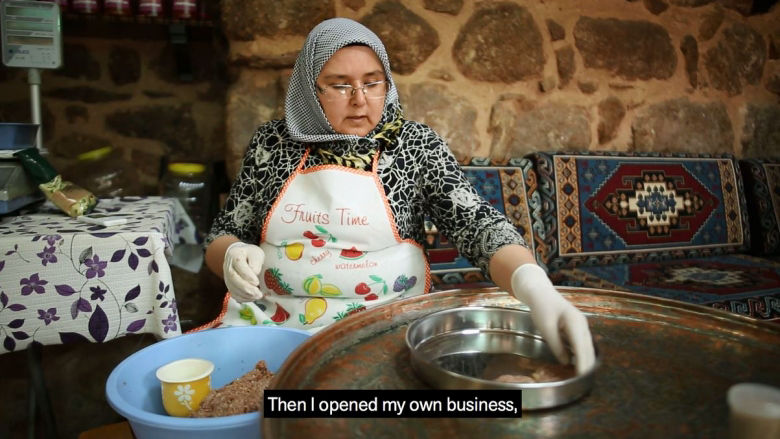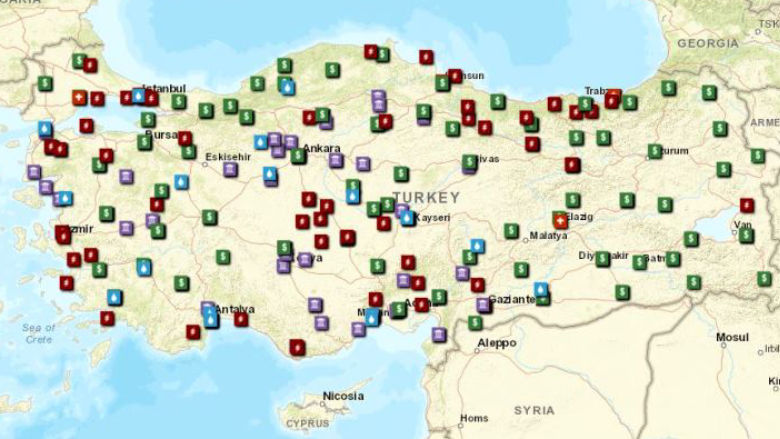Country Context
Türkiye | 2023 |
Population, million | 85.8 |
GDP, current US$ trillion | 1.024 |
GDP per capita, current US$ | 11,938.8 |
Life Expectancy at Birth, years | 76 |
Türkiye is the 17th largest economy in the world, according to IMF, with a GDP of $1.024 trillion as of 2023. It is a member of the OECD and the G20 and an increasingly important donor of official development assistance (ODA).
Türkiye pursued ambitious reforms and enjoyed high growth rates between 2006 and 2017, which propelled the country to the higher reaches of upper-middle-income status and reduced poverty. Real gross domestic product (GDP) growth averaged 5.4% between 2002 and 2022, resulting in income per capita (in real terms) that was more than doubled over the same period. Growth was accompanied by rapid poverty reduction; the poverty rate decreased by more than half from above 20% in 2007 to 7.6% in 2021.
For Türkiye to preserve and further its progress, it must navigate through significant challenges that encompass economic resilience, poverty and inclusion, and sustainability. Key among these is revitalizing economic growth in a post-COVID era marked by a challenging macroeconomic climate and a downward trend in productivity observed since the mid-2010s. Furthermore, although economic expansion has continued, the reduction in poverty rates has lost momentum since 2016, hindered by increasing inequality. On the environmental front, Türkiye's industrial base and transport heavily relies on carbon-intensive processes and fossil fuels, presenting both challenges and opportunities in light of the European Union's forthcoming Carbon Border Adjustment Mechanism—a critical consideration given the EU's role as a major market for Turkish exports. Lastly, Türkiye's distinct geographic and socioeconomic conditions significantly increase its vulnerability to the adverse effects of climate change, underscoring the imperative for comprehensive adaptation measures.
Türkiye is addressing the effects of the earthquakes that hit the country on February 6, 2023. With magnitudes of 7.8 and 7.5, the earthquakes were followed by thousands of aftershocks and another 6.7 magnitude earthquake on February 20. According to official statistics, they caused more than 50,000 casualties, injured 107,000 people, damaged or destroyed 1.9 million housing units, and displaced 3.3 million people, of whom two million needed shelter. An assessment by the Government of Türkiye with support from the EU, the United Nations (UN), and the World Bank Group estimated the recovery and reconstruction needs associated with the earthquakes at around $81.5 billion. Risks also remain high, with about 70% of the country’s population living in first- and second-degree seismic zones.
Following the May 2023 elections, the newly appointed economic team has launched a comprehensive policy set to address past macroeconomic imbalances, especially high inflation. Since then, Türkiye has been moving to normalizing its macroeconomic strategies. The country experienced a robust economic expansion of 4.5% in 2023. However, this growth rate is expected to decrease to 3.0% in 2024, before picking up again in subsequent years on a stronger basis. Longstanding macro and structural challenges that undermine potential growth—including high inflation, low productivity growth, low labor force participation, and employment levels, and weakening foreign direct investment—would require robust fiscal measures and ambitious structural reforms to help accelerate sustainable economic growth.
Last Updated: Apr 09, 2024









